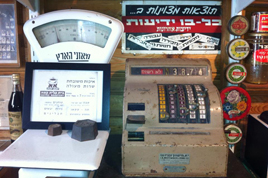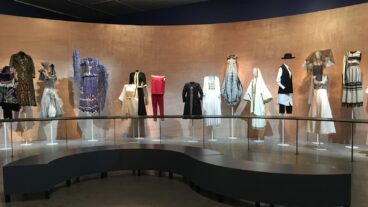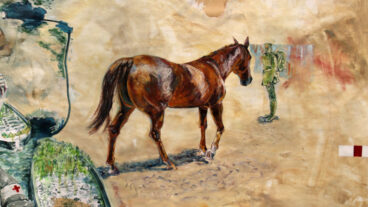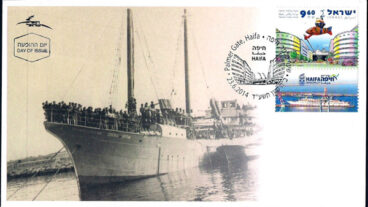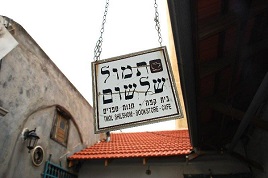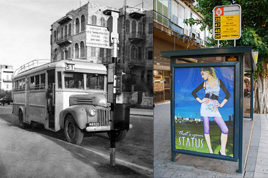“The year Tarpupu” is a Hebrew phrase that means “a long, long time ago”. Ironically, or perhaps fittingly, its linguistic origins are shrouded in history but, according to researcher Ora (Rodrigue) Schwarzwald, it is most likely a corruption of the Ladino (Judeo-Spanish) phrase, “Del tiempo de mi tatara-papa”, meaning “[in] the time of my great-grandfather”.*
So when Itai Gil got involved in collecting nostalgic items from modern Israel’s past, Tarpupu seemed the perfect name for what he terms “a collection that became a way of life“. Gil’s traveling exhibition of items from days gone by can be seen at various fairs around Israel, as well as on display as educational activities at schools, or rented out as props to film and theater sets. They are also for sale to those with a passion for the past.
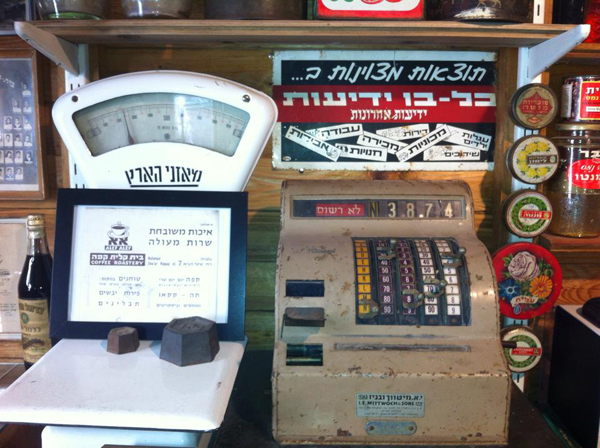
Last week, however, Tarpupu hit the big time with the first Israeli Nostalgia Festival at the perfect venue: Jerusalem’s newly refurbished First Train Station. The Tarpupu Festival presented all aspects of everyday life as it once was. Along with Gil’s gallery of memorabilia, there were actors in period costume playing out scenes that were once common and today have all but disappeared — the neighborhood laundress scrubbing vigorously over a tin tub, paperboys, bicycle repairmen, dressmakers — and, of course, the equipment that went with those professions.
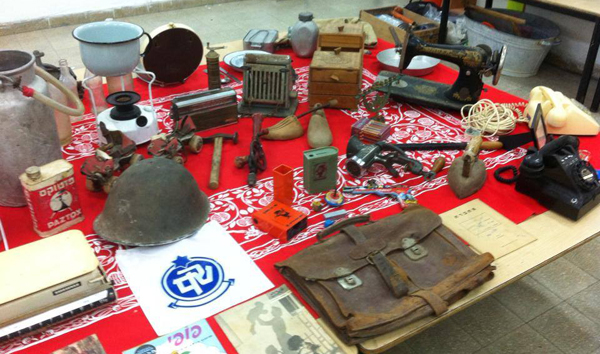
There were musical performances, as well as long-forgotten dishes and drinks (glass of gazoz, anyone?). Children were exposed to rotary dial phones, typewriters, phonographs and — from the pre-selfie era — the concept of getting your picture taken by a photographer.
There was even a Susita on display, the first and only Israeli-made sedan automobile. (Sadly, there was no Sabra sports car around but you can read more about these vehicles here).
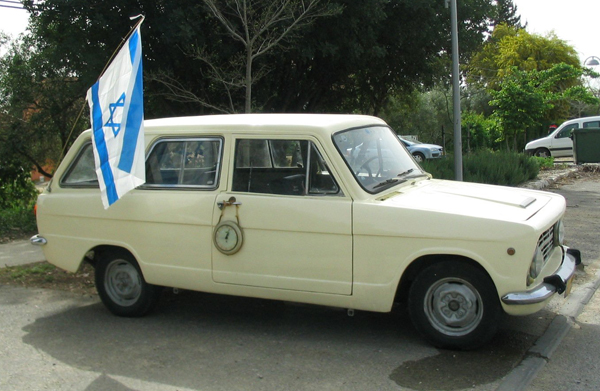
The festival was an initiative of the Ministry for Senior Citizens, together with the Municipality of Jerusalem, for the purpose of strengthening inter-generational connections and promoting recreational activities for the elderly in Israel. Other partners included the Jerusalem Youth Authority, the National Library, the Council for the Advancement of Israeli Heritage Values, Nostalgia Online, Motke (an online portal for the age 50-plus community), the Jewish National Fund, and others.
Information about Itai Gil’s Tarpupu collection and activities is available on his website and Facebook page. Lots more online memorabilia images are on view at the wonderful Nostal.co.il site and on their Facebook page — and don’t forget to “Like”!
*The phrase “tatara-papa” was apparently adopted from Greek by the Sephardic Jews. You can read Schwarzwald’s article (in Hebrew) about three spoken Hebrew phrases for time immemorial at the Academy of the Hebrew Language website.




